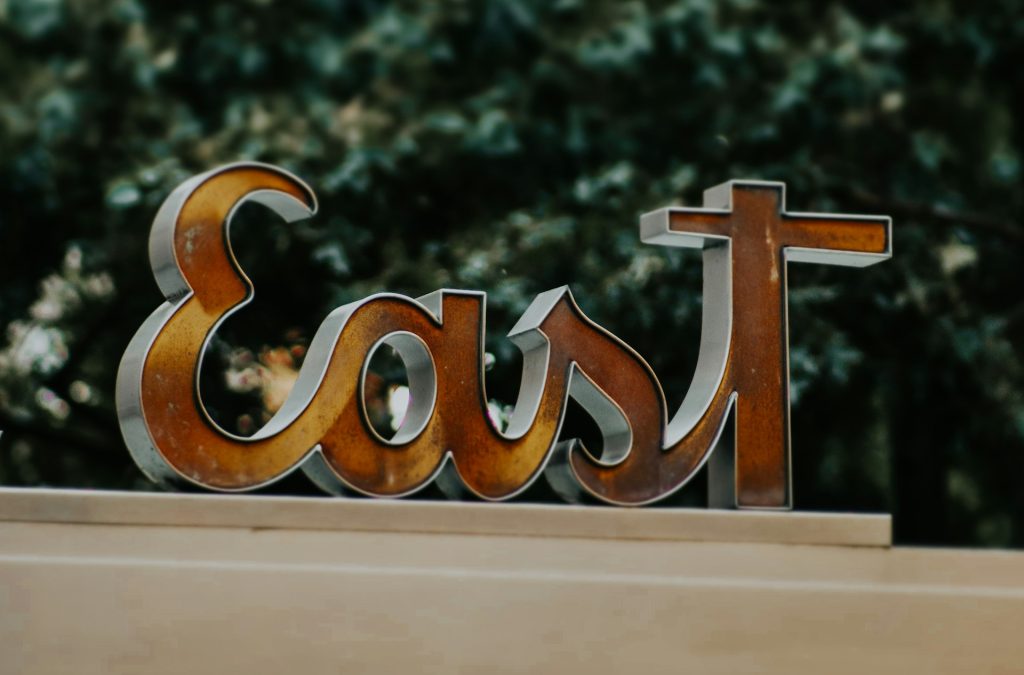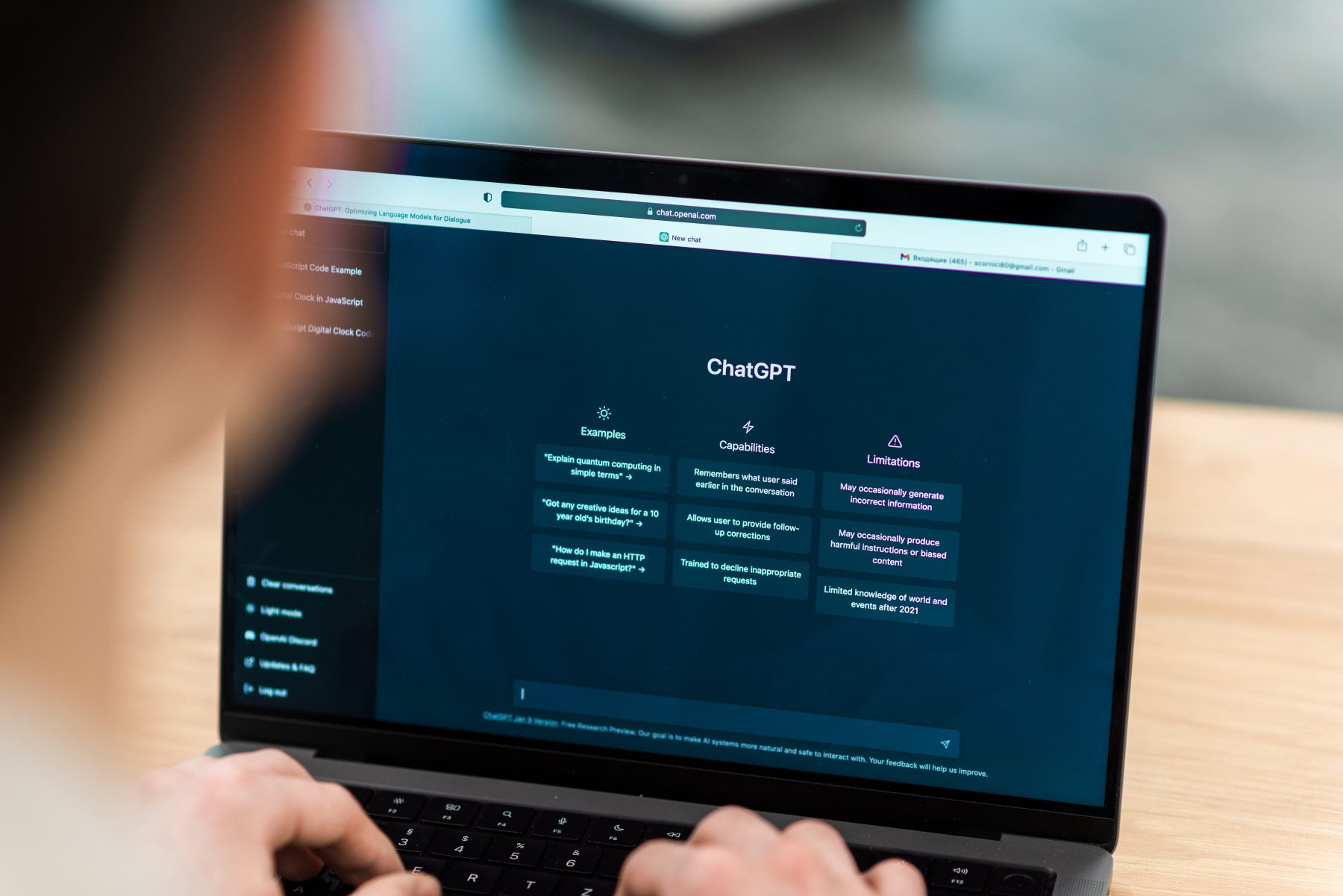
EAST Framework: How Behavioural Science Can Transform Marketing
November 13, 2025
5 Min Read
Behavioural science has a lot to teach us about why people buy. The EAST Framework offers a practical lens for…
Read ArticleSeptember 8, 2025
2 Min Read
Industry


Co-Founder and Managing Partner
Sign up to stay in touch and be the first to hear about our latest business, market and event updates.
And as someone who regularly uses both platforms, I can tell you the reality is far more nuanced than the headlines suggest.
As a consumer, I absolutely lean on ChatGPT or Claude to kickstart my digital journeys. Trip planning becomes so much easier when I can ask for personalized itineraries. Product research, be it for work or leisure, always gets that initial boost from AI’s ability to process and return digestible information quickly, all in the same place. When I’m hunting for learning resources, ChatGPT serves up curated starting points that would just take ages to compile manually.
But here’s the thing: Google and I haven’t broken up. Far from it.
While ChatGPT does get me started, I still turn to Google to validate findings, compare options, and dive deeper into the specifics. I’ll ask ChatGPT for restaurant recommendations, then Google individual venues for reviews, photos, and booking details. I’ll use AI for initial product insights, then search Google for pricing comparisons, review and retail options.
It turns out I’m not alone in this hybrid approach. Semrush recently crunched through 260 billion rows of data to test whether ChatGPT is genuinely substituting search behaviour or expanding it. Their verdict was quite eye-opening: people who start using ChatGPT don’t abandon Google. In fact, they actually use it more frequently than before.
This finding flips this replacement narrative on its head. ChatGPT isn’t serving as a replacement at all, but an amplifier. AI tools are creating more curiosity, generating follow-up questions, and driving additional search behaviour, not eliminating it.
What we’re witnessing isn’t an either-or moment. Instead, we’re seeing the emergence of a blended consumer journey where multiple touchpoints work in harmony. Google remains the backbone of digital discovery, but now AI tools sit alongside it, adding new entry points, sparking fresh questions, and introducing entirely new behaviours.
For marketers, this evolution presents incredible opportunities rather than existential threats. The brands that will thrive are those who stop asking “which channel should we prioritise?” and start asking “which stage of the customer journey are we supporting?” Success will come to those who use AI to complement rather than substitute their existing marketing efforts.
ChatGPT isn’t “killing search” at all, it’s just accelerating it. Future success belongs to brands who embrace this evolution and recognise that in our AI-enhanced world, the customer journey has simply become richer, not shorter.
We’re already helping ambitious brands grow. If you want to find a paid media agency as ambitious as you, we’d love to talk.
For more insights, follow us on Instagram and LinkedIn
Image source: Freepik